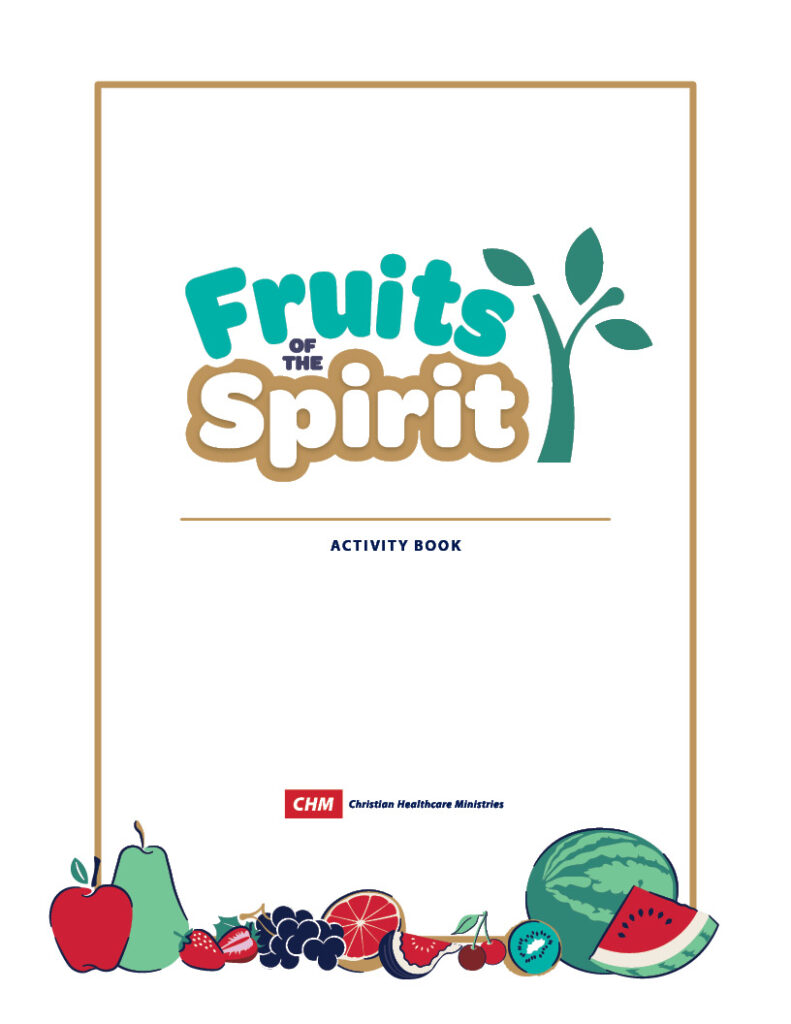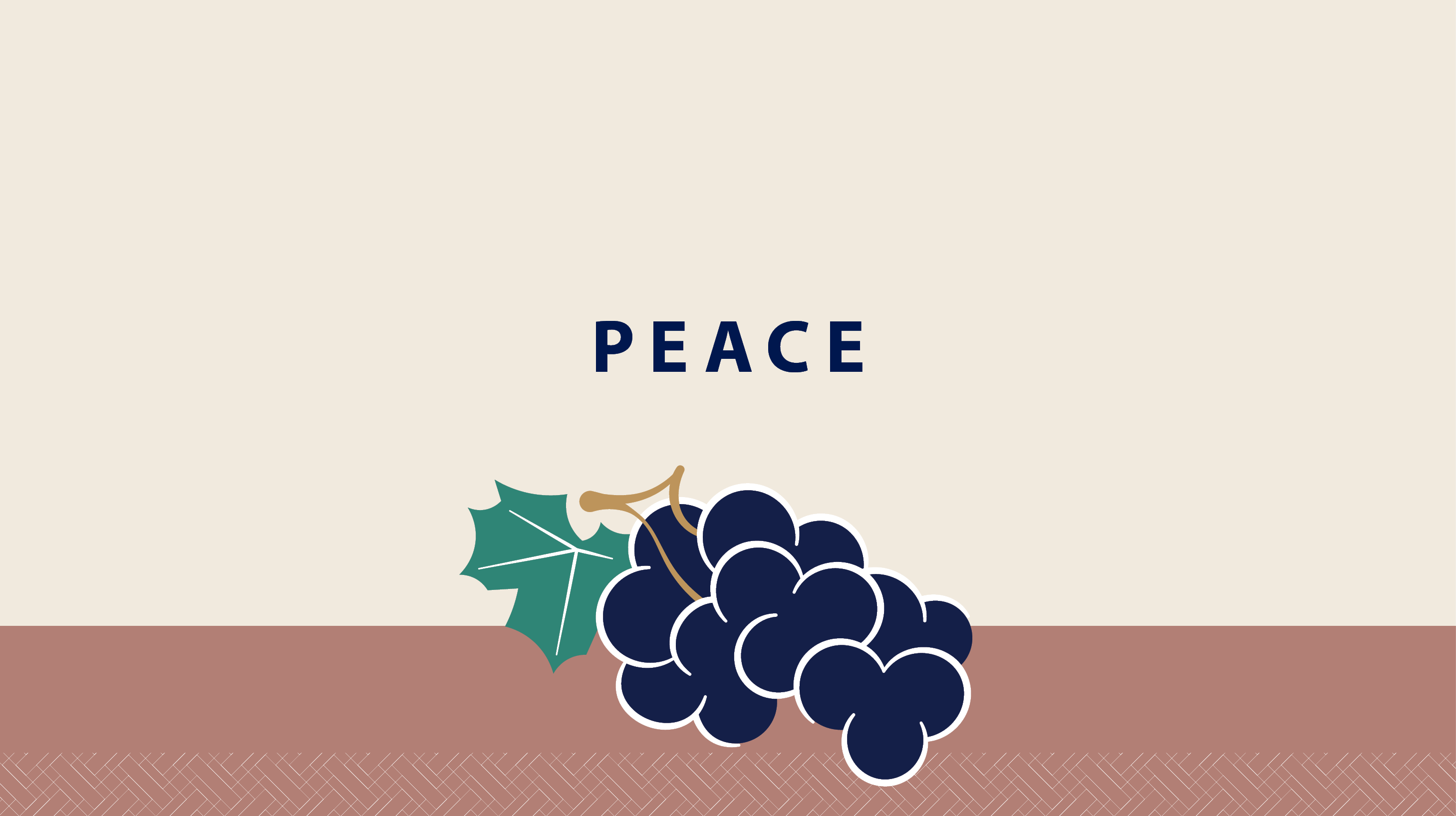Peace from the Bible
It seems like everything is out to steal your peace.
There are little fires popping up, tasks to be completed, people needing to be cared for, and the distinct feeling you’ve forgotten something vitally important. While we’re trying to accomplish all of this, our culture is busy feeding us lies: you must do it all; you’re failing; you’re not enough.
With this as the soundtrack to our day, it’s not surprising peace feels unattainable.
There are many Scriptures on peace because peace is important. It’s directly connected to our relationship with God and is a visible indicator to the world of how much (or little) we trust our Savior. It’s no wonder that the enemy tries to attack it so fiercely!
But with all we’re juggling each day, how can we develop peace of mind when it is easily squashed?
It is well with my soul
In 1873, Horatio Spafford, wrestling with the loss of his son to scarlet fever and the destruction of his business in the Great Chicago Fire, sent his wife and four daughters by boat ahead of him to England while he tied up loose ends. Sadly, their ship collided with another ship and sank. Only his wife was rescued.
Horatio hurried to England to be with his wife, and as he passed over the waters where his daughters drowned, he quietly penned the words for “It is Well.” You may know the first stanza:
When peace like a river attendeth my way,
When sorrows like a sea billows roll,
Whatever my lot, Thou hast taught me to say,
It is well, it is well with my soul.
While we may not face Horiato’s situation, the truth in his words is important. Even in pain, the secret to peace is this: the peace of God is not situational. As Isaiah promises in Isaiah 26:3 (ESV), “You keep him in perfect peace whose mind is stayed on You because he trusts in You.”
Shalom
When we think of inner peace , we may think of rest, self-love, confidence in ourselves, a lack of caring what other people think of us. According to the Bible, none of these things are true inner peace.
Instead, peace is resting in the security of God, knowing you are whole in Him and He is guiding your steps. It’s trusting His ways are good, and that despite what you may go through, God is in control . It’s accepting and understanding that where you are today is part of His plan to bring glory to His name and shape you to be more like Him.
Elisabeth Elliot, a Christian missionary, author, and speaker, says it this way: “We can rest assured that the situation in which we find ourselves (and nowhere else) is the very place where God wants to meet us. It is here that we will grow into the likeness of Christ. So this means that suffering itself is not meaningless, it is not ‘for nothing.’ It is an element of God’s loving purpose.”
This “suffering” might be a toddler sprawled on the grocery store floor throwing a tantrum. It might be a medical situation, financial stress, or a car’s check engine light. It might be the coworker testing your patience or someone at church pushing your buttons. In a broken world, there’s no lack of situations attempting to rob us of peace.
“Peace, be still,” Jesus said to the storm in Mark 4:39 [ESV], and He says the same to our storms. Instead of fretting, worrying, and attempting to control things on our own, we can rest knowing God will meet us here.
Mind of peace
How do we develop this peace in our own lives? Elisabeth Elliot, in her book Be Still My Soul, lays out several next steps:
- Choose your attitude. Will you approach this situation remembering God’s faithfulness to you? Will you trust him? Will you rest in His control of the situation?
- Choose to offer your pain to God. Whatever your pain is, you don’t have to carry it on your own. We have a heavenly Father eager to carry our burdens.
- Choose to receive what God has given with open hands. Many times, we can’t control the thing robbing us of our peace. It simply ‘is what it is.’ Accept it and ask God to move in ways you can’t.
- Choose to renew your commitment to Him. Despite our emotions, our situations, our frustrations, or our struggles, we serve a God who is good. Wherever you are, remind yourself Who you follow and what He has done for you.
- Choose to praise Him as Habakkuk did. Though Israel was in famine, Habakkuk praised the Lord. God was faithful to Israel in the past, and Habakkuk knew He would be faithful in the future, despite what present circumstances looked like.
- Choose to do the next thing. We may lose our peace because we don’t have control over a situation or we can’t do something the way we planned. However, just because our plan differs from God’s doesn’t mean we can’t experience peace or move forward. God is sovereign–you don’t have to fix everything on your own. Just do the next thing.
If peace feels a lot like a choice, it’s because it is. Jesus knows that we’ll have trials and tribulations in this world. However, He promises us in John 16:33 (ESV), “I have said these things to you, that in me you may have peace. In the world, you will have tribulation. But take heart; I have overcome the world.”
Peace is found by willfully accepting God’s promises, resting in His faithfulness, following His footsteps, and trusting the Holy Spirit to provide peace in places where you cannot. He has overcome the world—and in this knowledge, we find peace.

Download your free FruitFULL Kids lesson plans!
Little ones need fruit too!
Learn about the Fruits of the Spirit together with our free FruitFULL Kids Lesson Plans, perfect for your family devotional time.




